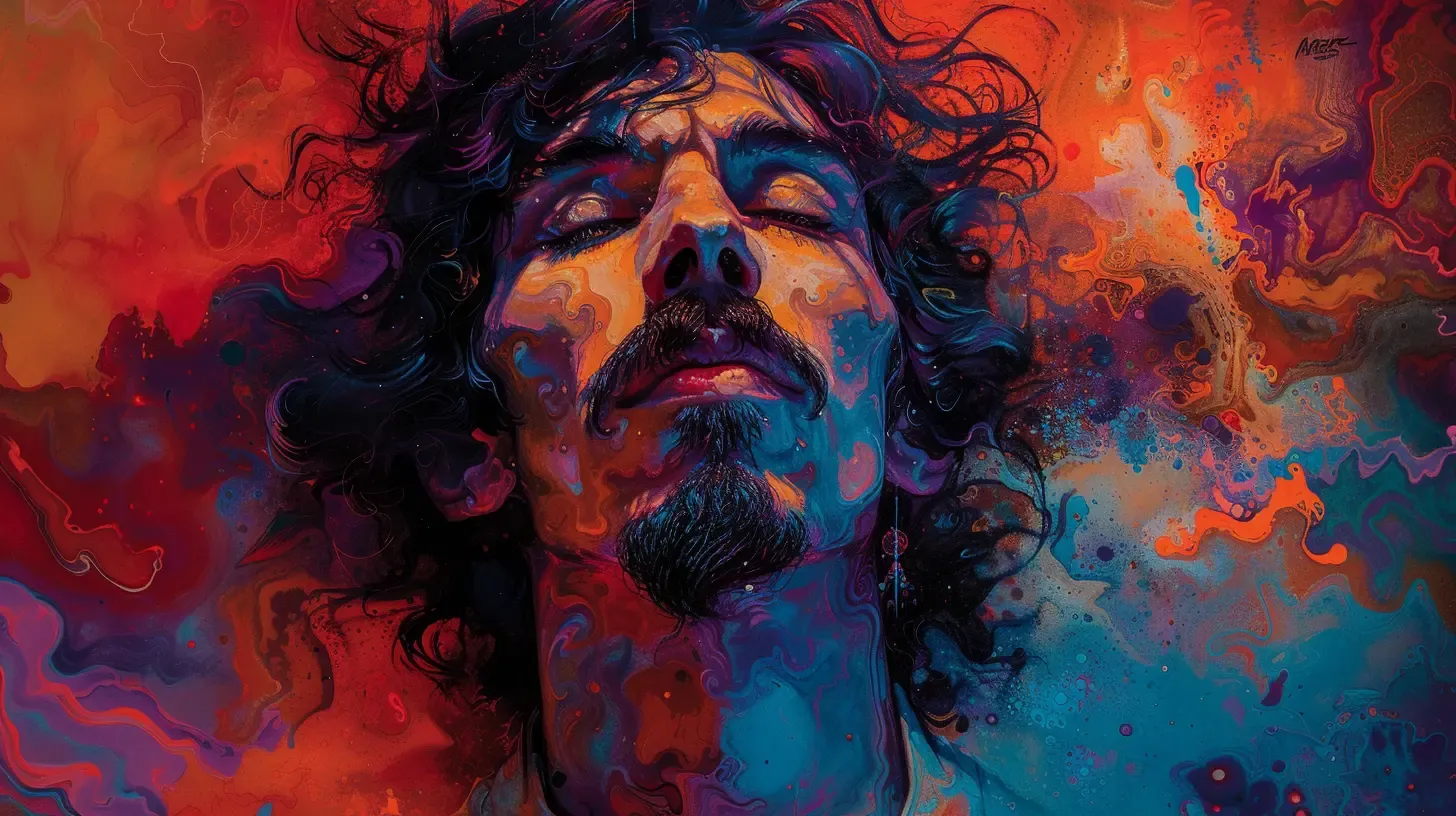12 February 2024
George Harrison: The Spiritual Beatle's Odyssey.

Press the play button in the top right corner to listen to the article
George Harrison, often referred to as "the quiet Beatle," embarked on a journey that transcended the realms of music, weaving spiritual exploration into the tapestry of rock 'n' roll. Born on February 25, 1943, in Liverpool, England, Harrison's musical voyage began with the iconic band The Beatles, alongside John Lennon, Paul McCartney, and Ringo Starr. This quartet would revolutionize music, embedding themselves into the cultural consciousness of the 20th century. However, Harrison's legacy is not solely tethered to his contributions to The Beatles' vast catalog of hits; it's also marked by his profound spiritual journey, particularly his exploration of Hinduism, which profoundly impacted both his personal life and the music he crafted.
Harrison's foray into Indian culture and Hinduism can be traced back to the mid-1960s, during The Beatles' meteoric rise to global fame. The sitar, a classical Indian instrument, first piqued his interest during the filming of "Help!" in 1965. This curiosity led to the groundbreaking introduction of the sitar in "Norwegian Wood (This Bird Has Flown)," marking one of the first instances of Indian instruments being utilized in Western pop music. Harrison's spiritual quest deepened after meeting Ravi Shankar, the renowned Indian sitar maestro, who became his mentor and lifelong friend. Under Shankar's guidance, Harrison's appreciation for Indian music and culture flourished, inspiring him to explore the spiritual depth of Hinduism.
Harrison's embrace of Hinduism was not a superficial experiment; it was a profound transformation that influenced his worldview, his music, and his efforts to promote peace and spiritual awareness. This spiritual awakening led him to incorporate Hindu philosophy, meditation, and musical styles into his work, both as a member of The Beatles and in his solo career. Songs like "Within You Without You" from the seminal album "Sgt. Pepper's Lonely Hearts Club Band" and his solo work "My Sweet Lord" reflect his deep dive into Eastern spirituality. These tracks not only showcase Harrison's musical genius but also serve as bridges between Western and Eastern cultures, introducing millions of fans to the concepts of transcendence, reincarnation, and spiritual connectivity.
The impact of Hinduism on Harrison extended beyond his music. He became an ardent supporter of the Hare Krishna movement and used his platform to promote peace and spiritual enlightenment. His 1971 Concert for Bangladesh was one of the first major charity concerts, blending his commitment to music, spirituality, and humanitarianism. Harrison's journey into Hinduism also led him to embrace vegetarianism, further reflecting his belief in the interconnectedness of all living beings.
Harrison's spiritual influence on The Beatles contributed to the band's legacy as cultural icons who transcended music. They became symbols of a generation's quest for meaning, peace, and a broader understanding of the world. The Beatles' later albums, enriched by Harrison's spiritual and musical explorations, are seen as milestones in the evolution of popular music, blending genres, cultures, and ideas in unprecedented ways.
Moreover, Harrison's role in popularizing Indian music and culture in the West had a lasting impact on global music, encouraging cross-cultural collaborations and the exploration of non-Western musical traditions by Western artists. His journey paved the way for future generations of musicians to experiment with diverse sounds and themes.
George Harrison's influence on The Beatles was transformative, steering the band and its audience towards a deeper, more introspective understanding of music's potential to convey profound spiritual and philosophical messages. His legacy within the band is a testament to his vision and his commitment to exploring the vast, uncharted territories of the human spirit through the medium of sound.
The content, including articles, medical topics, and photographs, has been created exclusively using artificial intelligence (AI). While efforts are made for accuracy and relevance, we do not guarantee the completeness, timeliness, or validity of the content and assume no responsibility for any inaccuracies or omissions. Use of the content is at the user's own risk and is intended exclusively for informational purposes.
#botnews















































































